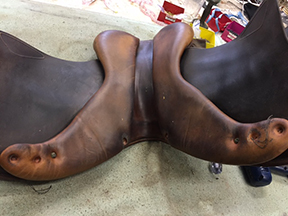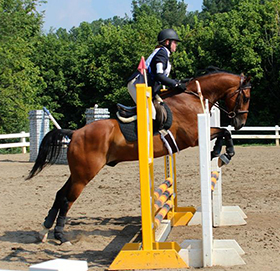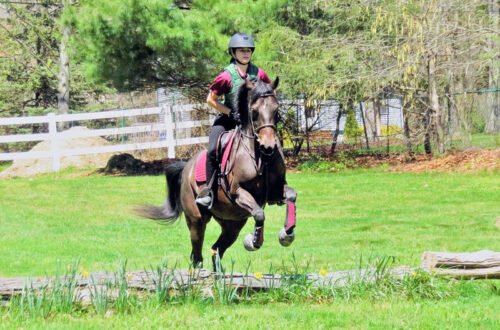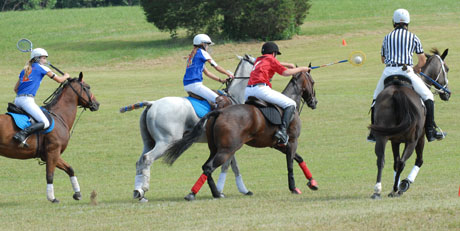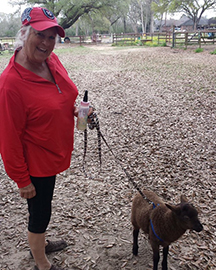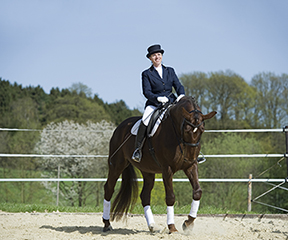
Merck Animal Health presents: Practical Biosecurity
Practical Biosecurity Measures at Home and Away
Brought to you by Merck Animal Health
The best way to protect your horse from infectious disease is to keep his vaccinations up to date while implementing management practices that reduce his exposure to pathogens at home and away. An understanding of the principles of biosecurity will go a long way in preserving your horse’s health and your time in the saddle this summer.

Horse traffic
Environments such as a show or event where many animals and people are moving freely around the facility, interacting with numerous people, animals and objects, are at increased risk for infectious disease outbreaks. Whether you’re home or away, infectious disease threats may be lurking.
| Away: | At Home: |
| -Stalls | -Traveling horses returning home |
| -Horses in adjacent stalls | -Visiting horses or new arrivals |
| -Trailers | -Shared trailers, buckets, equipment |
| -Shared equipment and water sources | -Horses in adjacent fields |
| -Vehicles coming and going | -Professionals (veterinarian, farrier, feed, delivery, etc)- hands, equipment, clothing |
| -Event officials and support personnel | -Wildlife |
| -Human hands and clothing |
Environmental controls
Segregating different populations of horses is an important way to manage introduction of disease. For example, keeping show horses that travel frequently in another part of the farm. These horses have different risk factors, are more susceptible to infectious disease, and present a risk to resident horses that rarely travel. New horses should also be quarantined for a minimum of two weeks before introducing them to the resident herd.
Practice good hygiene, such as regularly cleaning and disinfecting tack, equipment and stalls, and washing your hands after handling each horse.
Horses with nasal discharge, cough, fever or diarrhea should immediately be isolated from other horses and examined by a veterinarian.
Vaccination plus biosecurity is best
No matter where your equine adventures take you, help ensure your plans aren’t derailed by a potentially life threatening infectious disease by consulting with your veterinarian on a biosecurity plan and vaccination program for your farm.
Five biosecurity tips to remember
1) Include all horses in your vaccination program
2) Monitor your horse’s temperature daily. An elevated temperature is often the first sign of disease.
3) Practice good hand hygiene – wash hands after you touch one horse before touching another
4) Minimize nose-to-nose contact and avoid use of communal equipment and water sources
5) Separate and monitor horses post travel, as well as new arrivals for signs of infectious disease
Copyright © 2017 Intervet Inc., d/b/a Merck Animal Health, a subsidiary of Merck & Co., Inc.
